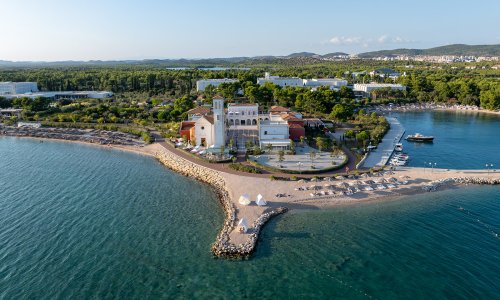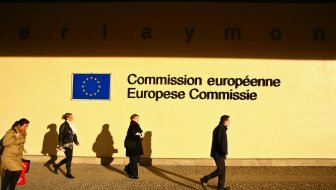Most Croatian managers still believe the answer to the crisis, which is expected to climax at the end of this year, is to reduce expenditure rather than turning to new markets or abandoning past business models, Roland Berger consultants said earlier in the week at a presentation of this year's study on restructuring trends in Croatia.
A survey was conducted among some 80 managers in Croatian companies and 11 industrial branches and virtually 80 percent of them stated that endeavours to combat the crisis in their companies consisted of austerity measures while only 34 percent noted that they had adapted their existing business models.
Roland Berger in fact recommends that "defence" and growth of companies in this crisis situation lies in identifying new business models and adapting to the situation in which Croatia and the world is doing business. Another measure is training and motivating employees in an effort to raise their inventiveness in developing or improving current products and services.
An executive partner of the Roland Berger consultants, Vladimir Preveden, added that it was necessary for Croatia to turn to new, rapidly growing markets such as those in Asia because once Croatia joins the European Union (EU) it will lose the "privileges"' it currently enjoys under the Central European Free Trade Agreement (CEFTA), whose countries are currently Croatia's major trade partners.
Preveden commented on the International Monetary Fund's (IMF) recommendations during the IMF mission's visit to Croatia, saying that the recommendations once again confirmed that Croatia is lagging behind other countries that are showing slight recovery from the crisis because it has not implemented structural reforms that the IMF has been advocating for years.
The problem of overstaffing in the public sector cannot be resolved by massive lay-offs as this would endanger the stability of the entire system. That problem should have been tackled years ago along with modernisation of the public service, pension and health systems and an overhaul of state-owned companies, withdrawing subsidies from unprofitable systems, rationalising management of state-owned assets, like unexploited tourist capacities, consultants in Roland Berger said.
Because these measures have not been introduced, Croatia's GDP has taken a significant downfall which is going to be difficult to compensate particularly since Croatian managers do not foresee that the economy will recover that soon. Managers believe the GDP will continue to fall next year and that unemployment will continue to grow and that restrictive loan conditions will remain in place.
































